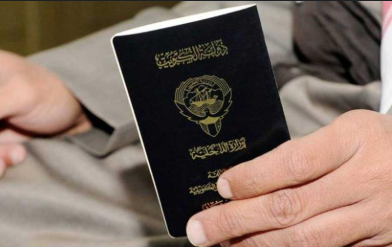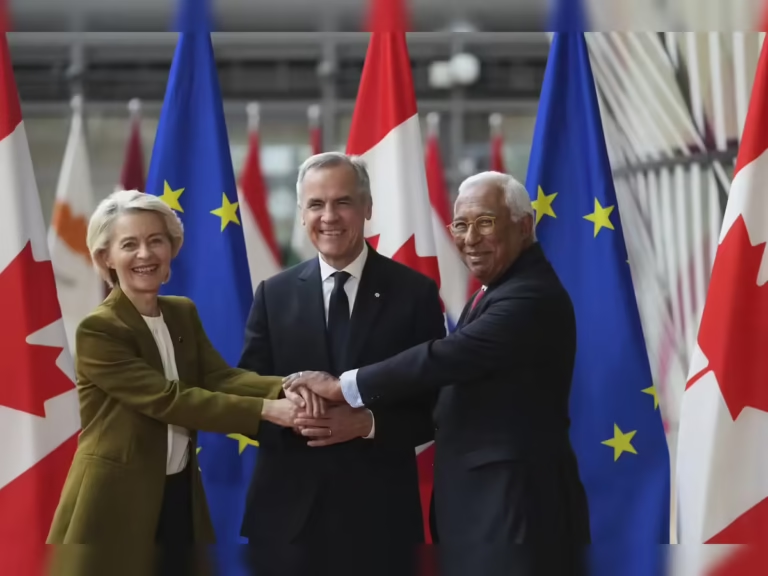
Kuwait’s 10.000 citizenship policy appears amid restricting nationality to those with blood ties to the tiny, oil-rich nation. Leaving her weekly workout class, Lama was shocked to discover she was no longer a Kuwaiti, one of tens of thousands of people, mostly women, suddenly stripped of citizenship. After her credit card payment for the class in Kuwait City was declined, she learned her bank account was temporarily frozen because her nationality, acquired through marriage, had been revoked
“It was a shock’ said the grandmother mother in her 50s, originally from Jordan, who, like others interviewed by AFP, asked to use a pseudonym, fearing a backlash from the authorities.
“To be a law-abiding citizen for more than 20 years and then wake up to find out you’re no longer a citizen.. that’s not okay at all,” she said.
This mass revocation has been cast as part of a reformist agenda spearheaded by Kuwaiti emir Sheikh Meshal al-Ahmad al-Sabah, who dissolved parliament and suspended parts of the constitution five months after taking power in December 2023. His latest citizenship policy appears aimed at restricting nationality to those with blood ties to the time, oil-rich nation, reshaping Kuwaiti identity, and potentially trimming its electorate after years of political crisis.
The Kuwaiti government has revoked the citizenship of over 42,000 individuals, rendering them stateless virtually overnight. This unprecedented action, initiated in late 2024 and escalating into 2025, has primarily targeted women naturalized through marriage, dual nationals, and individuals accused of obtaining citizenship fraudulently. The campaign, led by Interior Minister Sheikh Fahad Al-Yousef and endorsed by Emir Sheikh Mishal Al-Ahmad Al-Sabah, is part of a broader initiative to redefine Kuwaiti national identity and tighten control over the electorate.
The revocation campaign has disproportionately affected women who acquired Kuwaiti citizenship through marriage to Kuwaiti men. According to official data, 38,505 women were naturalized by marriage between 1993 and 2020 . These women, many of whom had relinquished their original nationalities, now find themselves stateless, facing immediate challenges such as frozen bank accounts, invalidated civil IDs, and restricted access to essential services.
The policy also targets individuals with dual nationalities, which Kuwaiti law prohibits, and those suspected of using fraudulent documentation to obtain citizenship. Notably, the campaign has extended to high-profile figures, including singer Nawal Al-Kuwaitia and actor Dawood Hussein, whose citizenships were revoked without public explanation.
The mass revocations have raised significant legal and human rights concerns. Critics argue that the actions violate international laws, including the Universal Declaration of Human Rights, which states that “everyone has the right to a nationality” and “no one shall be arbitrarily deprived of his nationality” . The lack of judicial oversight in the revocation process further exacerbates these concerns, as affected individuals have no legal recourse to challenge the decisions.
Human rights organizations have condemned the policy, highlighting its discriminatory impact on vulnerable groups, including women and children. The retroactive application of the law, particularly the repeal of Article 8 of the Kuwaiti nationality law, which allowed women to acquire citizenship through marriage, has been criticized for violating principles of legal certainty and non-retroactivity.
Keep reading Questiqa.com for more such reports and news.




